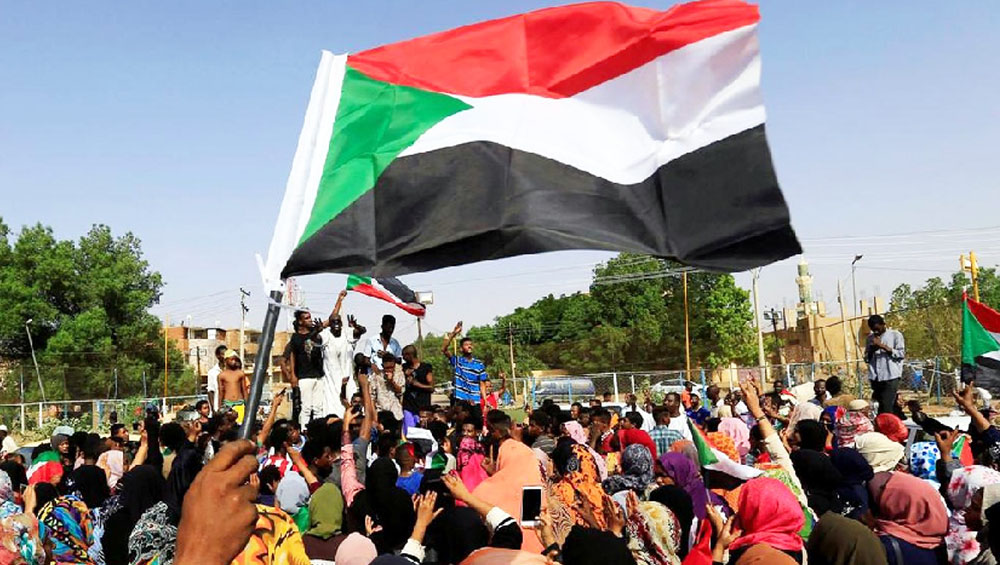
Accuses the UAE.. State Watch Calls for Support for Resistance Committees in Sudan
Moatinoon
State watch criticized a paper on Sudan distributed by the Belgian presidency of the Council of the European Union last June. The London-based organization, which focuses on critical research and policy analysis, stated that the paper overlooked several key issues necessary for a deeper understanding of the situation. It revealed that the EUs interest in Sudan is tied to its migration control agenda.
The organization exposed what it claimed the document conceals: that the EU has contracted with international partners for implementation and has no political engagement with the government authorities, meaning no funding is being provided to the actual authorities.
It further added that the UAE, under the guise of the Red Crescent, is delivering aid and weapons on the same planes. However, other actors providing critical humanitarian relief in Sudan were not mentioned in the document, nor supported by the EU. Most notably, these include the numerous resistance committees, which remain active in many regions.
The document warned that the social fabric is being undermined by the agreements the EU and other parties reached with the UAE during peace talks in Geneva. It noted that the resistance committees could have played a significant role in repairing the social fabric if their achievements had not been eroded by all international actors involved.
The organization accused the EU of aligning with Gulf interests, particularly those of the UAE, in East Africa, describing the region as having become a playground for UAE interests. It also pointed to the U.S. designation of the UAE as a strategic ally and accused the "old West" of needing oil dollars and energy partnerships on a much larger scale than what East Africa can provide.
The UAE was accused of using a "belt of bribes" aimed at strengthening ties with Djibouti, Somalia, Ethiopia, Kenya, Egypt, and Chad. Since the Arab uprisings, the UAE has consistently pushed an anti-revolutionary agenda aimed at suppressing democratic movements and supporting Islamist policies.
The organization held the EU responsible for the rise of the Rapid Support Forces (RSF) as an international player, especially concerning the EUs efforts to contain refugees. It noted that the EU document mentions about 8,000 Sudanese refugees who crossed the Mediterranean but fails to mention tens of thousands stranded in Libya and Tunisia, who are currently living in makeshift camps among olive trees, or those being deported to the desert after their boats were intercepted by the Tunisian coast guard.
The organization called on the EU to take action in three areas: supporting the resistance committees in Sudan to preserve the social fabric, creating mechanisms for distributing humanitarian aid, and criticizing what it termed the new regional imperialism being practiced by the UAE. It also urged the EU to receive Sudanese refugees in the same way it welcomed Ukrainians.
The organization stated that the UAE has played a destabilizing role in the ongoing Sudanese conflict, exacerbating the war that has ravaged the region and strained international humanitarian resources, by providing the RSF with substantial military and financial aid.
It added that external support has contributed to the escalation and continuation of hostilities, making it difficult for either side to pursue peace or for international mediators to negotiate a ceasefire. “This intervention has not only fueled violence but has destabilized neighboring areas, worsening the refugee crisis and displacing millions from conflict zones,” it said.

